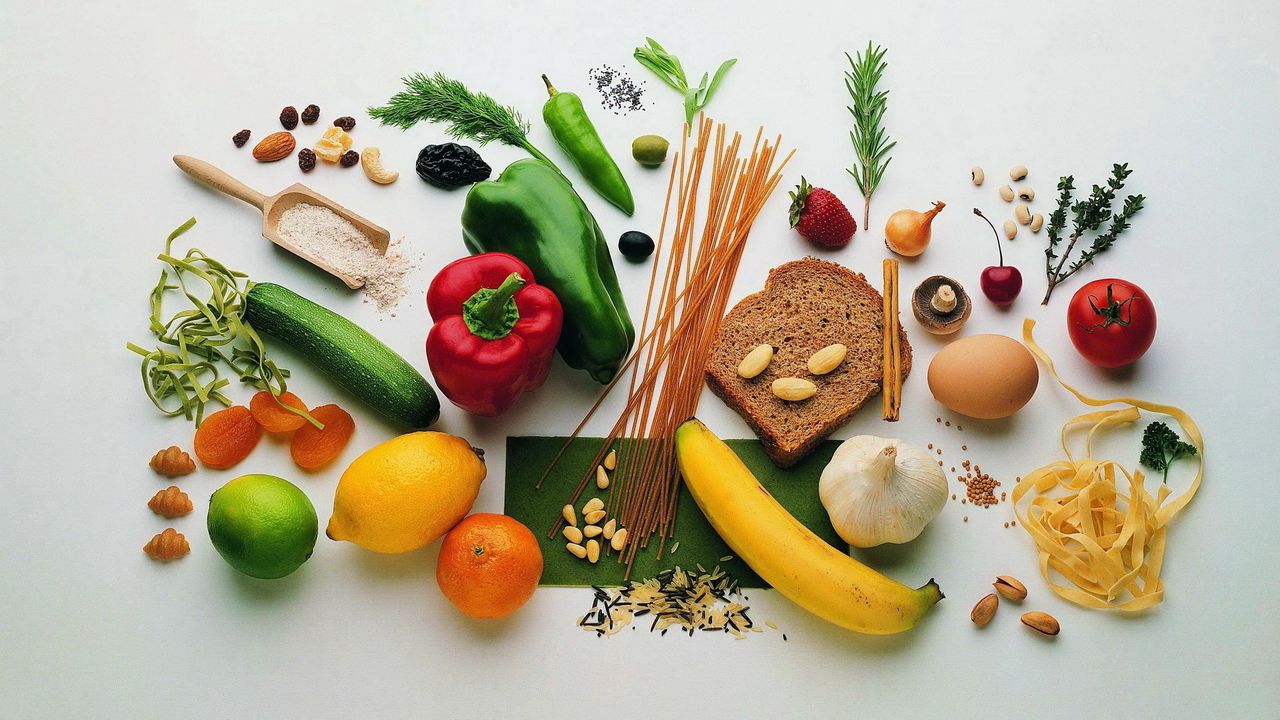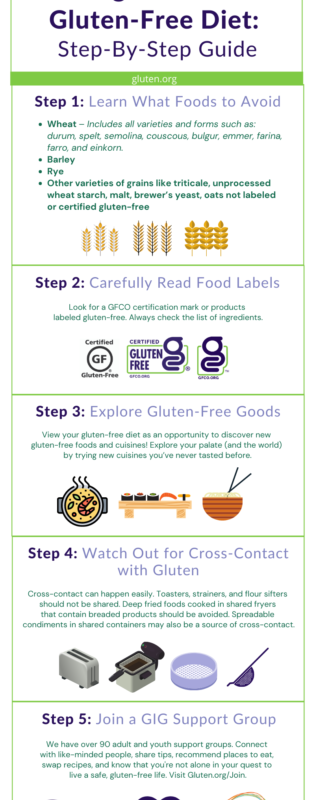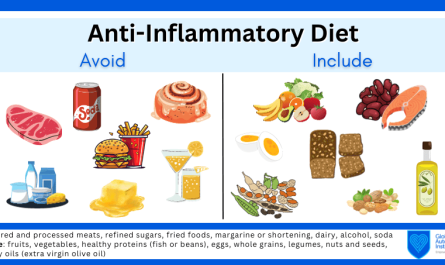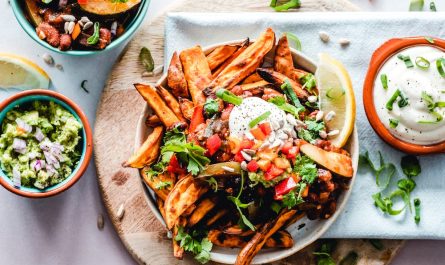Transitioning to a gluten-free diet can be daunting, especially if you are used to consuming gluten-containing foods on a daily basis. However, with the right mindset and preparation, it is completely possible to make the switch successfully. In this article, we will provide you with some tips and tricks to help you make a seamless transition to a gluten-free lifestyle.
Educate Yourself
The first step in transitioning to a gluten-free diet is to educate yourself about what gluten is and where it can be found. Gluten is a protein found in wheat, barley, and rye, as well as in many processed foods. By reading food labels and doing some research online, you can start to identify which foods contain gluten and which do not.
Clean Out Your Pantry
Once you have a better understanding of what contains gluten, it is time to clean out your pantry and get rid of any foods that are not gluten-free. This will help you avoid temptation and ensure that you do not accidentally consume gluten while on your new diet. Consider donating any unopened, non-perishable gluten-containing items to a local food bank or shelter.
Stock Up on Gluten-Free Alternatives
Next, it is important to stock up on gluten-free alternatives to the foods you used to eat. There are many gluten-free options available these days, including gluten-free bread, pasta, crackers, and snacks. Experiment with different brands and varieties to find the ones that you enjoy the most.
Plan Your Meals Ahead of Time
Meal planning is essential when following a gluten-free diet, as it can be challenging to find gluten-free options when eating out or on the go. By planning your meals ahead of time and preparing food in advance, you can ensure that you always have something safe and gluten-free to eat.
Get Creative in the Kitchen
Being on a gluten-free diet does not mean that you have to sacrifice taste or variety in your meals. Get creative in the kitchen and experiment with new gluten-free recipes and ingredients. There are many resources available online for gluten-free cooking and baking, so don’t be afraid to try something new.
Be Patient and Persistent
Transitioning to a gluten-free diet can be challenging at first, but with patience and persistence, you can successfully make the switch. It may take some time to adjust to your new eating habits, so be kind to yourself and give yourself grace during the transition period.
Seek Support
Finally, don’t be afraid to seek support from friends, family, or a healthcare professional as you transition to a gluten-free diet. Having a support system in place can make all the difference in helping you stay motivated and on track with your new eating plan.
By following these tips and tricks, you can successfully transition to a gluten-free diet and enjoy a healthier and happier lifestyle. Remember to stay educated, prepared, and positive throughout the process, and you will be well on your way to gluten-free success.




